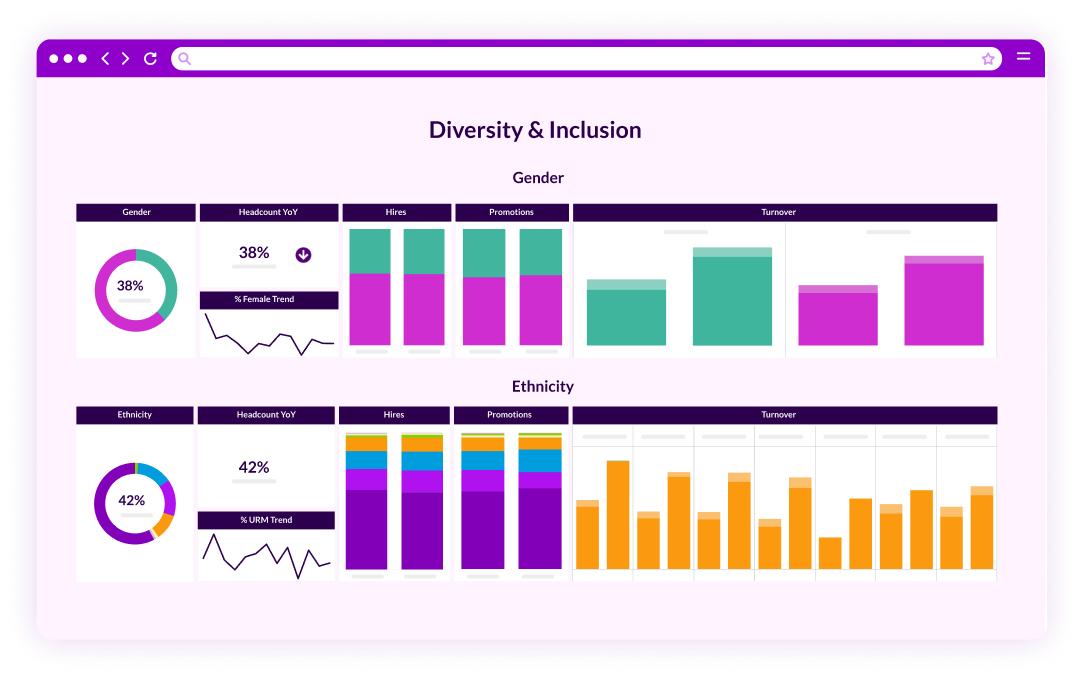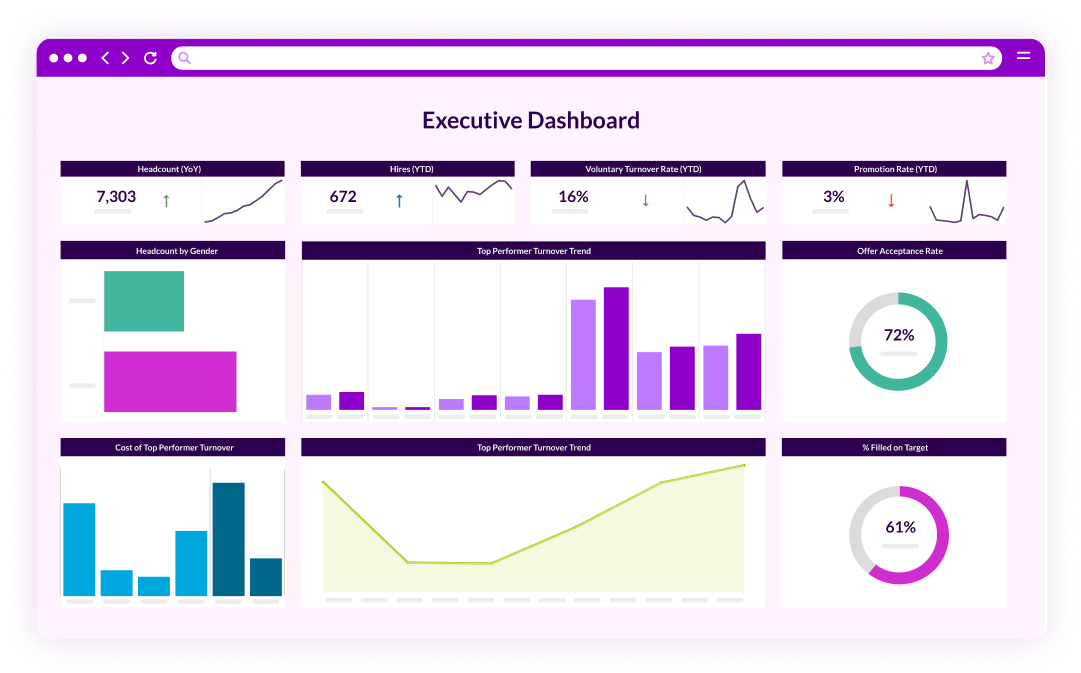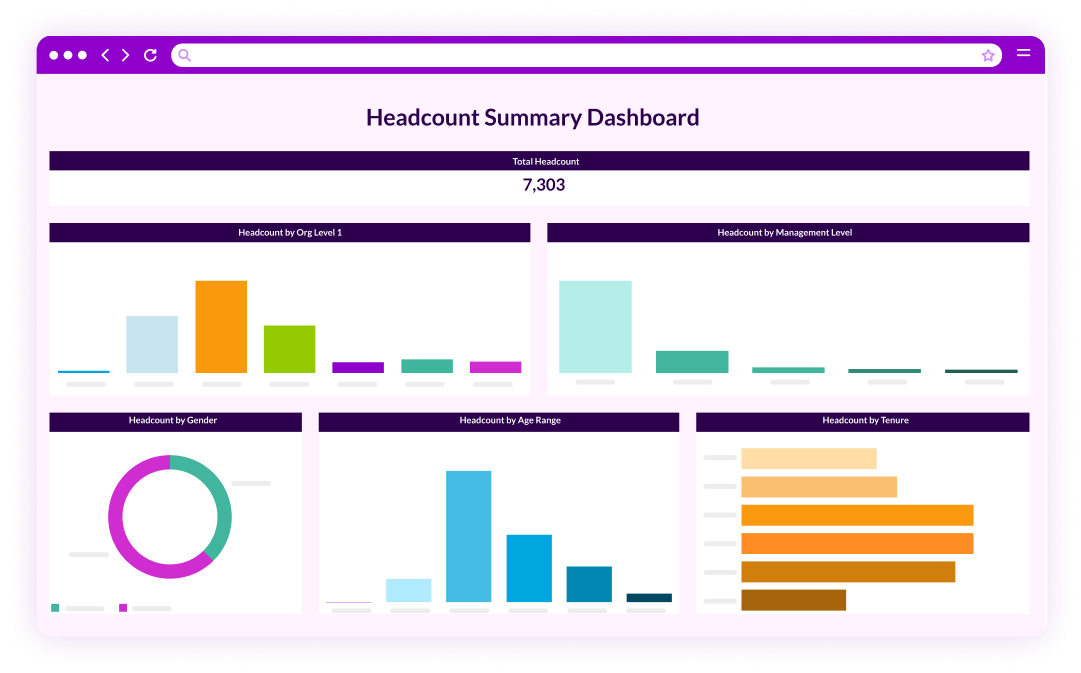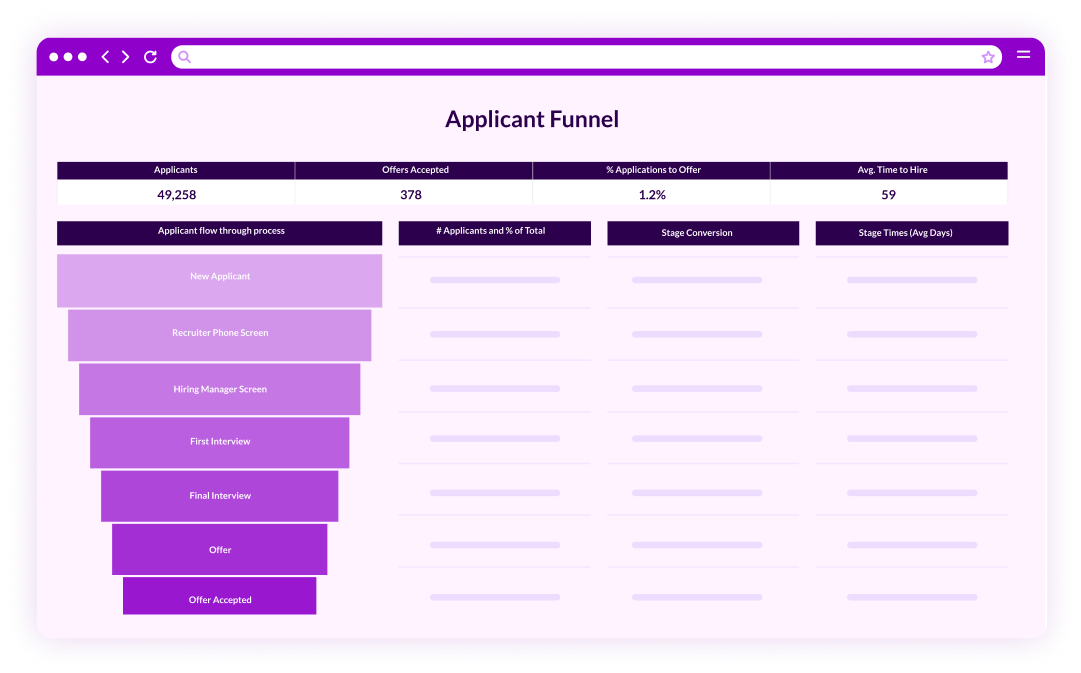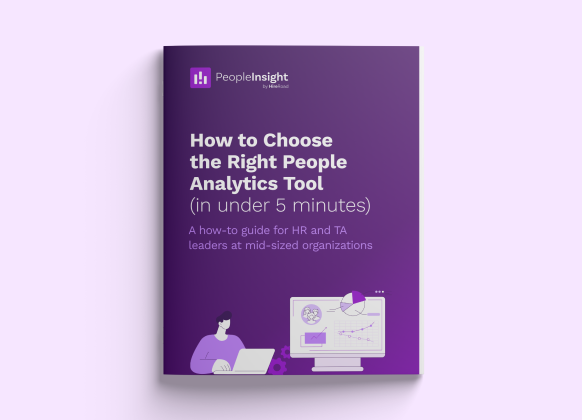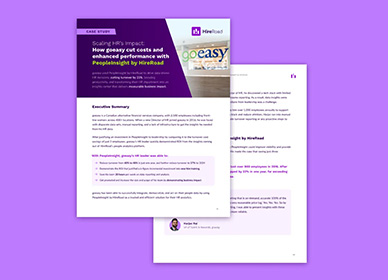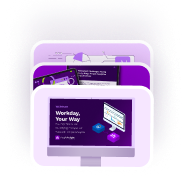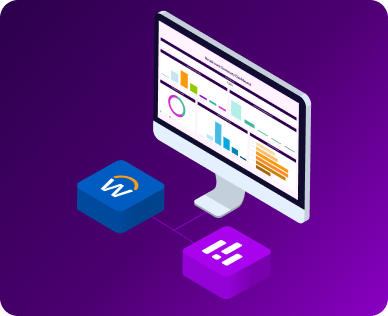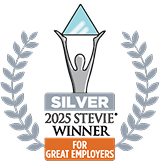In this article, we take a specific look at how a premium Applicant Tracking System provides you with additional safety blankets around your business-critical data…
The recent findings shared in the Cyber Security Breaches Survey 2021 published on 24th March 2021 by the Department for Digital, Culture, Media & Sport make for unsettling reading. Survey results demonstrate that data “…continues to show that cyber security breaches are a serious threat to all types of businesses and charities. Among those identifying breaches or attacks, their frequency is undiminished…”
“Four in ten businesses (39%) and a quarter of charities (26%) report having cyber security breaches or attacks in the last 12 months. Like previous years, this is higher among medium businesses (65%), large businesses (64%) and high-income charities (51%).”
Data protection and security are intrinsic to businesses. They’re requisites in recruitment, too, given the kind of personal identification data you process daily.
The cause for concern increases as the Survey goes on to discuss a further threat that’s become more apparent over the past year or so, leaving businesses wider open to cyber attacks. “Moreover, under the pandemic, organisations are perhaps less aware of the breaches and attacks they are facing.”
“A key finding…is that direct monitoring has become more difficult in organisations where staff are working remotely – it is harder for organisations to know if staff is following the agreed policies and processes.”
“Upgrading hardware, software, and systems have also become more difficult. With staff working at home, there are more endpoints for organisations to keep track of. In this environment, we have seen falls in the proportions of businesses and charities taking more basic actions like updating their anti-malware across devices and setting up network firewalls. The qualitative research highlights the logistical issues that large organisations in particular face when trying to patch hardware and software remotely.”
The easing of lockdown restrictions is seeing swathes of the workforce heading back to their offices. But that doesn’t alleviate or lessen the mass acknowledgment that a more flexible approach to working from home is here to stay.
In this article, we take a specific look at how a premium Applicant Tracking System provides you with additional safety blankets around your business-critical data.
We cover:-
1. Signing-in with Multi-Factor Authentication (MFA)
2. Logging-in with Single Sign-On (SSO)
3. Six Reasons to Step Up to Security First Applicant Tracking System
